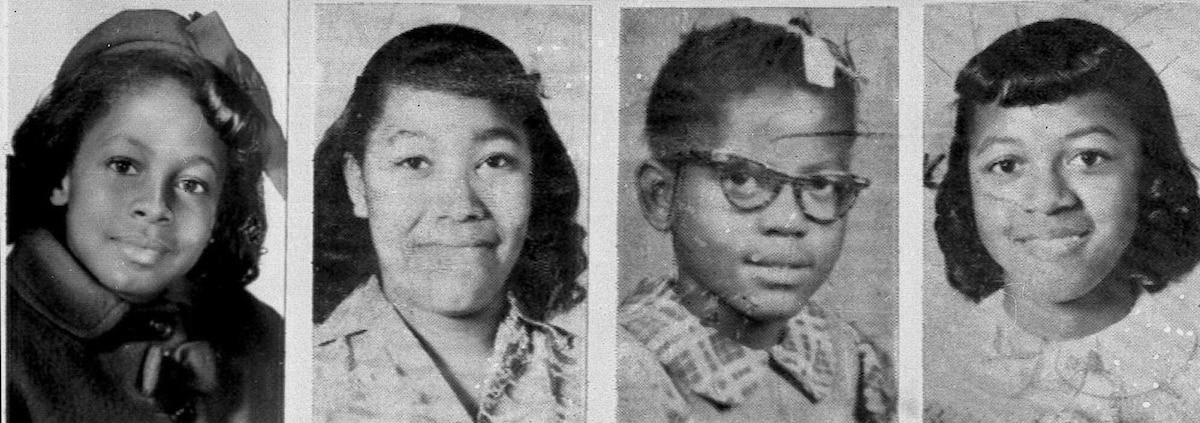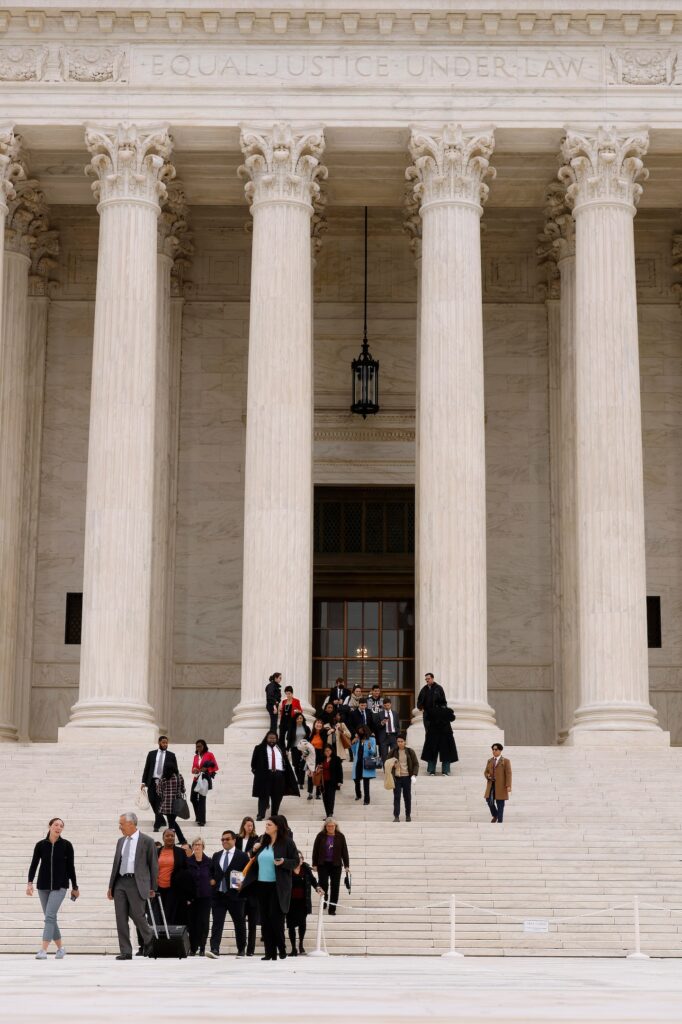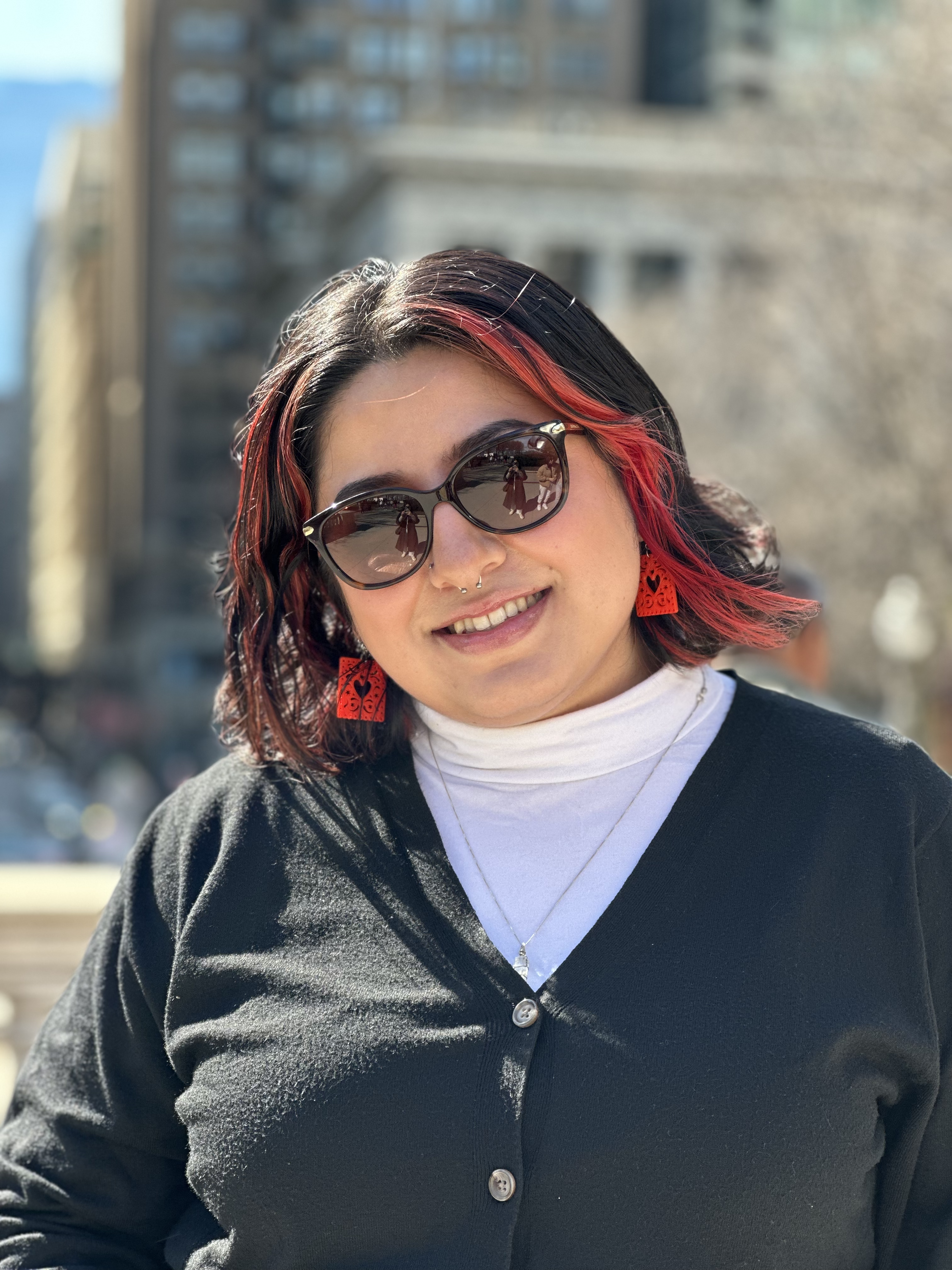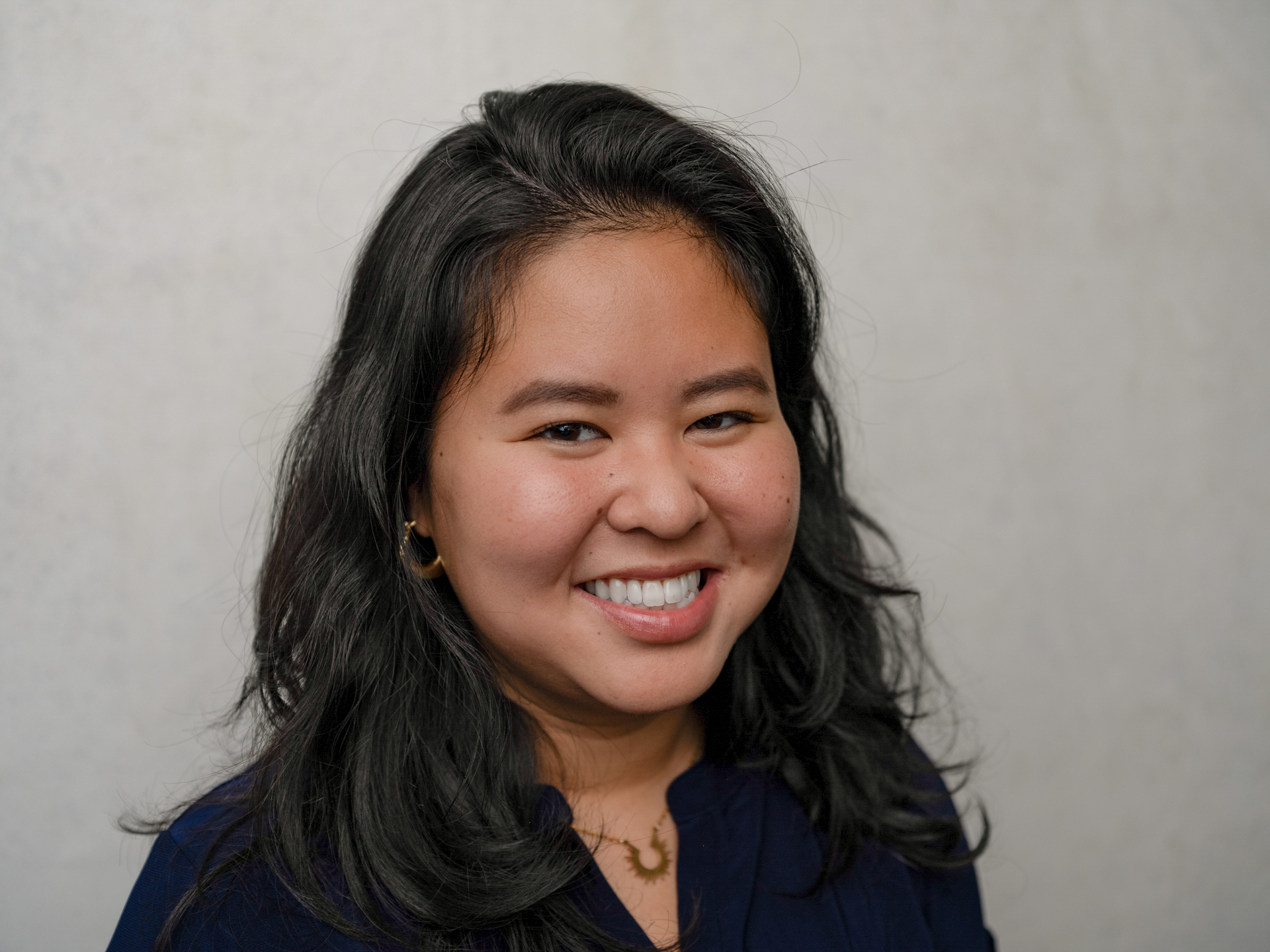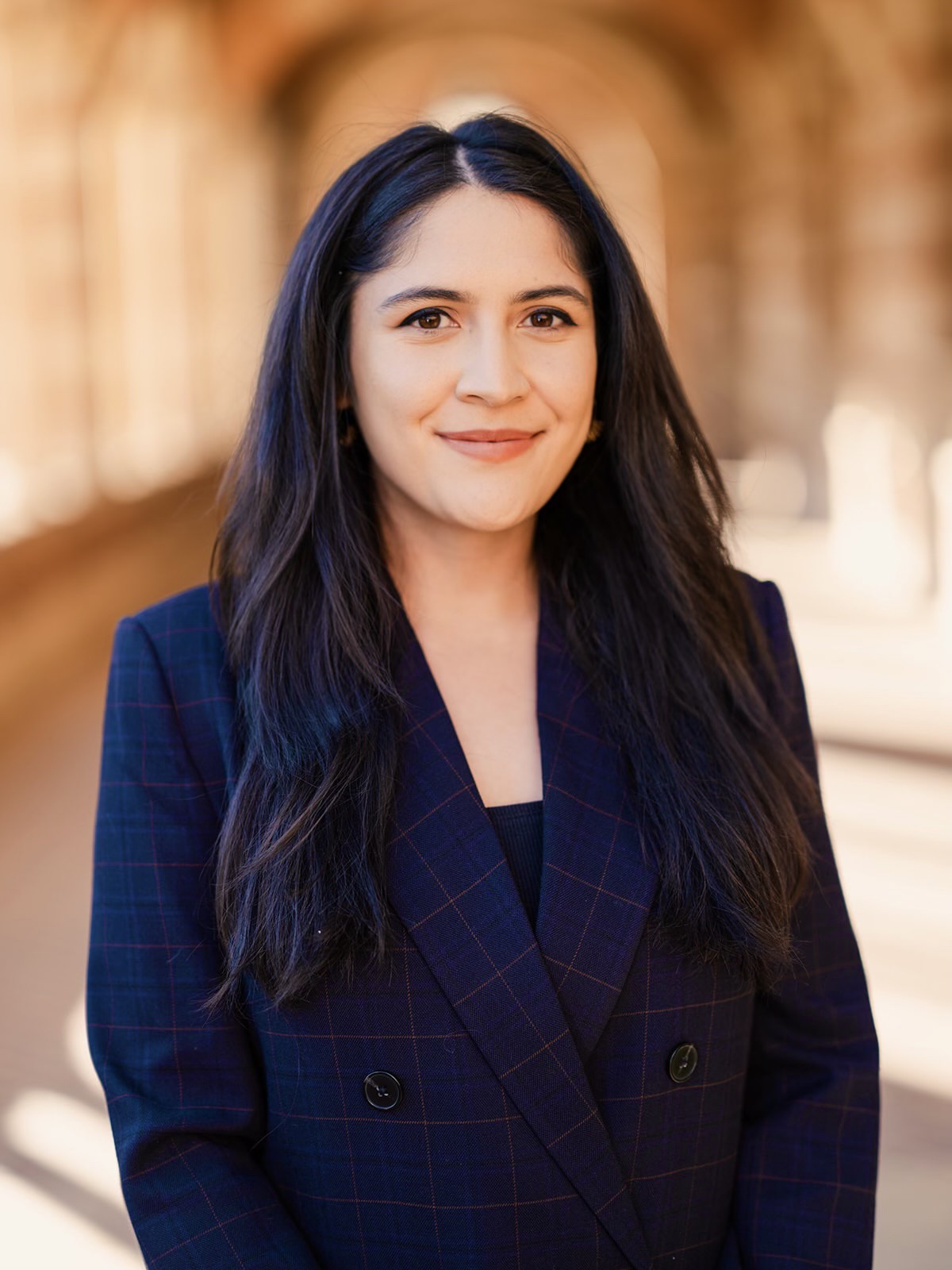How do you promote diversity in after the death of affirmative action?
Read This
When Solicitor General Elizabeth B. Prelogar defended college affirmative action programs before the Supreme Court in October, she cited the lack of diversity in a group of people the justices know well: the lawyers who argue before them.
Just two of 27 lawyers who appeared before the court over the next two weeks would be women, Prelogar told the justices — a statistic that she argued could lead women to wonder whether they have a shot at arguing before the Supreme Court.
Prelogar cited only the dearth of women and not of Black and Hispanic lawyers arguing before the court, but her message in a case dealing with race-conscious admissions programs was clear.
“When there is that kind of gross disparity in representation, it can matter and it’s common sense,” she told the justices.
Read the rest on Washington Post
Justice Ketanji Brown Jackson wants to make sure you never forget what happened 60 years ago
Say It Louder
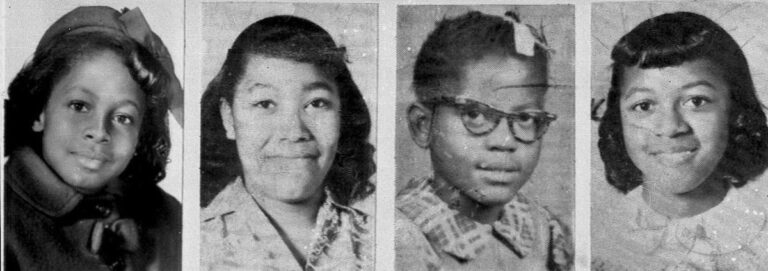
On Sept. 15, 1963, dynamite ripped through the 16th Street Baptist Church in Birmingham, Ala., killing four Black girls in the church basement as they prepared to attend Sunday services. The powerful blast reduced the church to rubble, mangling cars in the parking lot and stopping clocks. The dynamite blew plaster off the walls and peeled the face off the image of Jesus in a stained-glass window.
Later that day, the Rev. Martin Luther King Jr. sent a telegram to President John F. Kennedy, pledging to urge nonviolence among his followers but warning that absent a meaningful response from the federal government, “we shall see the worst racial holocaust this nation has ever seen.”
Sixty years later, as the country continues to reel from recent high-profile police killings of unarmed Black Americans and lawmakers in several states restrict the teaching of Black history, the city of Birmingham is hosting a week of events to commemorate the victims of the church bombing and highlight the civil rights push that followed.
The commemoration programs include discussions on healing from racial trauma, an international peace conference and an exhibition of work by the late photographer Chris McNair, whose daughter Denise was killed in the church bombing. On Friday morning, U.S. Supreme Court Justice Ketanji Brown Jackson delivered a keynote address at the rebuilt church and listened as the names of the four girls were read and bells tolled for each. She also acknowledged Sarah Collins Rudolph, who survived the attack and was present on Friday.
Read the rest on Washington Post
A celebration of KBJ’s first year on the Court
Speaking Of...

A podcast about the United States Supreme Court and the legal culture that surrounds it. Hosted by three badass constitutional law professors– Leah Litman, Kate Shaw, and Melissa Murray.
Being a Supreme Court podcast means we spend much of the year in dystopia. So just this once, let’s look at the silver lining that is Justice Ketanji Brown Jackson. Amir Ali, executive director of the MacArthur Justice Center, joins Melissa, Kate, and Leah to look back on Justice Jackson’s first year on the Supreme Court.
Listen to the podcast on Crooked Media
State Supreme Court court judges are the under threat
Less Of This
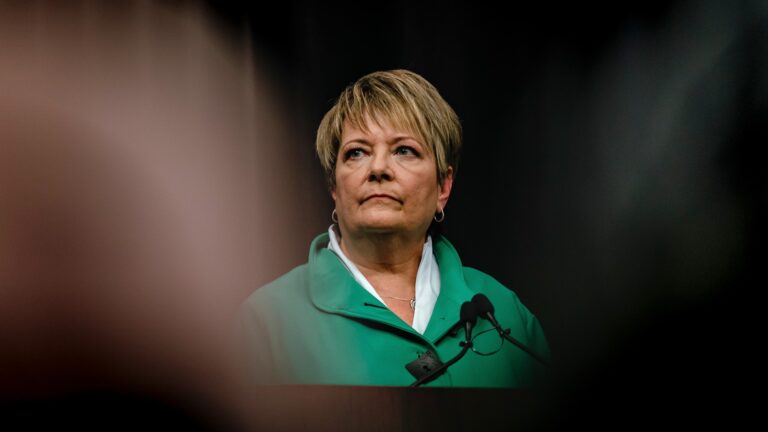
Even as U.S. politics became more contentious and polarized over the past quarter century, a few pockets of the government remained comparatively above the fray, including the courts, which sought to position themselves apart from politics, and state capitols, where pragmatism trumped partisanship.
But those redoubts have fallen in recent years. The Supreme Court has become more ideologically aligned with the Republican Party, and state legislatures host pitched ideological battles. Now institutions that sit at their intersection—state courts, especially state supreme courts—have emerged as a site of bitter fights.
Read the rest on The Atlantic




